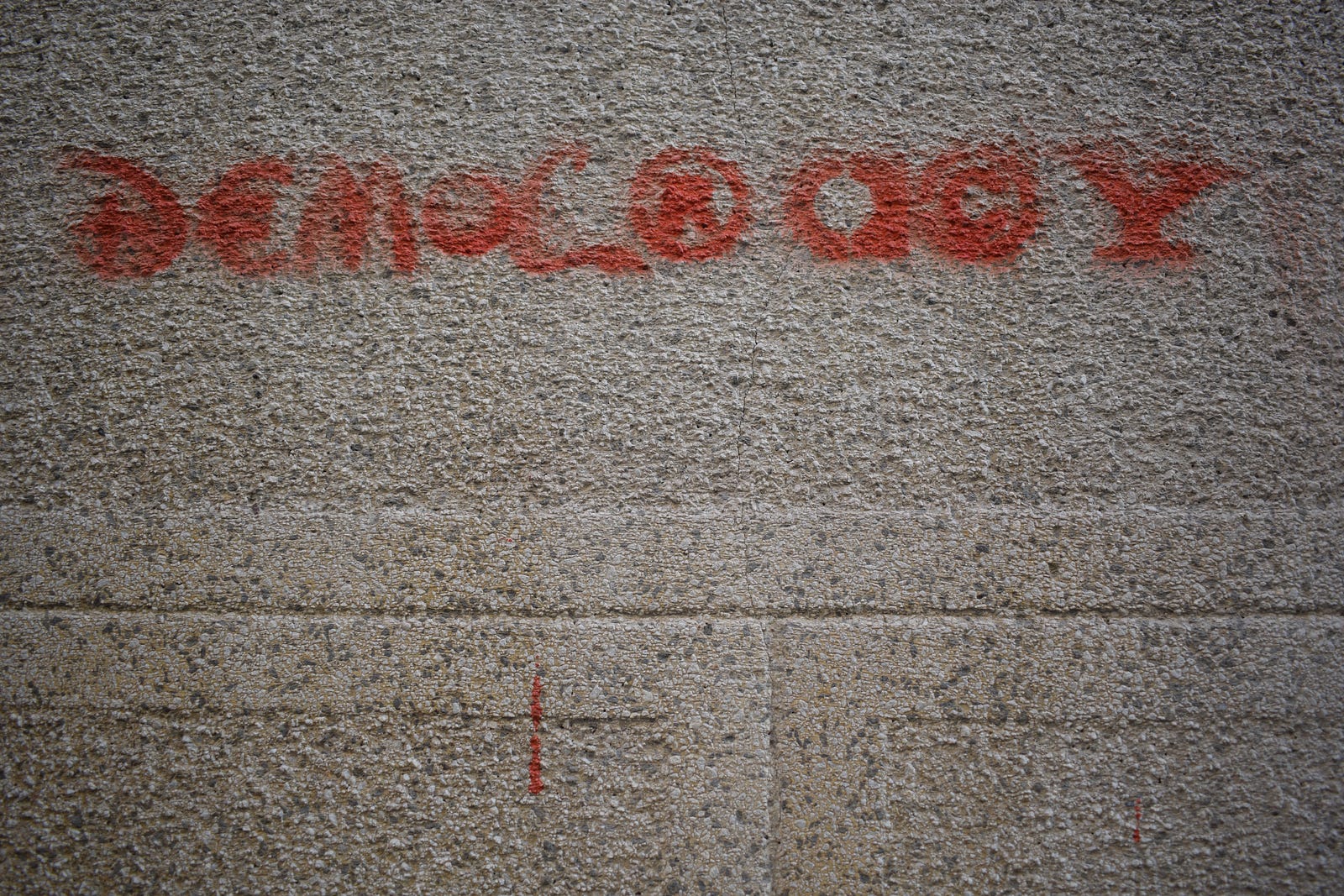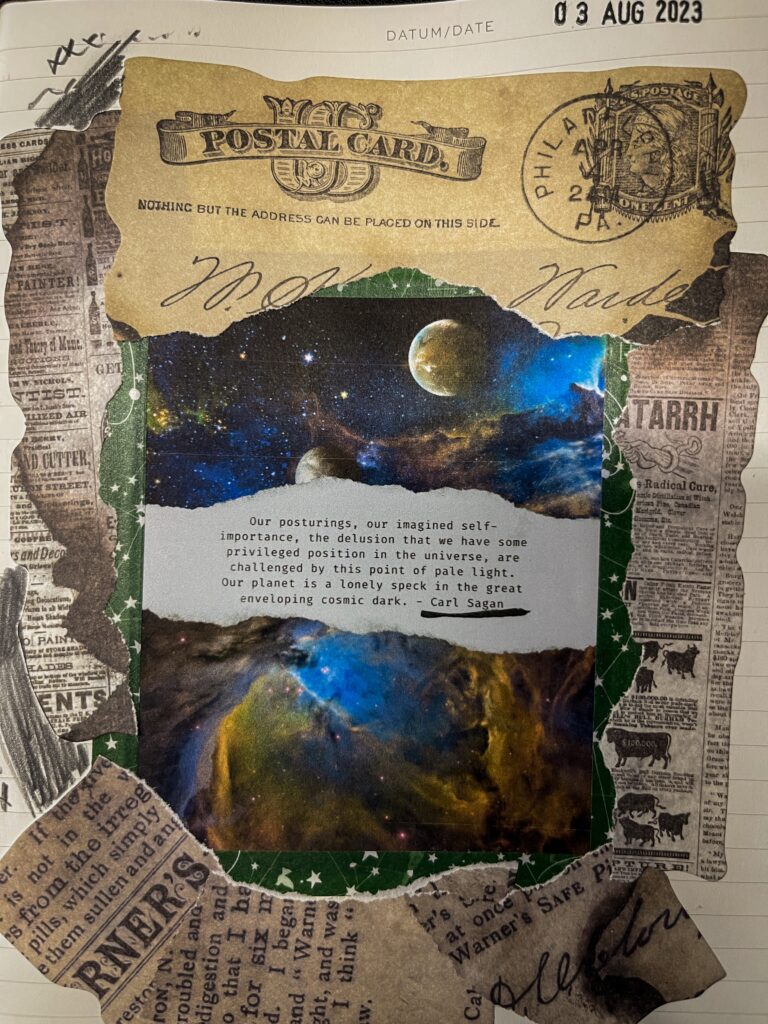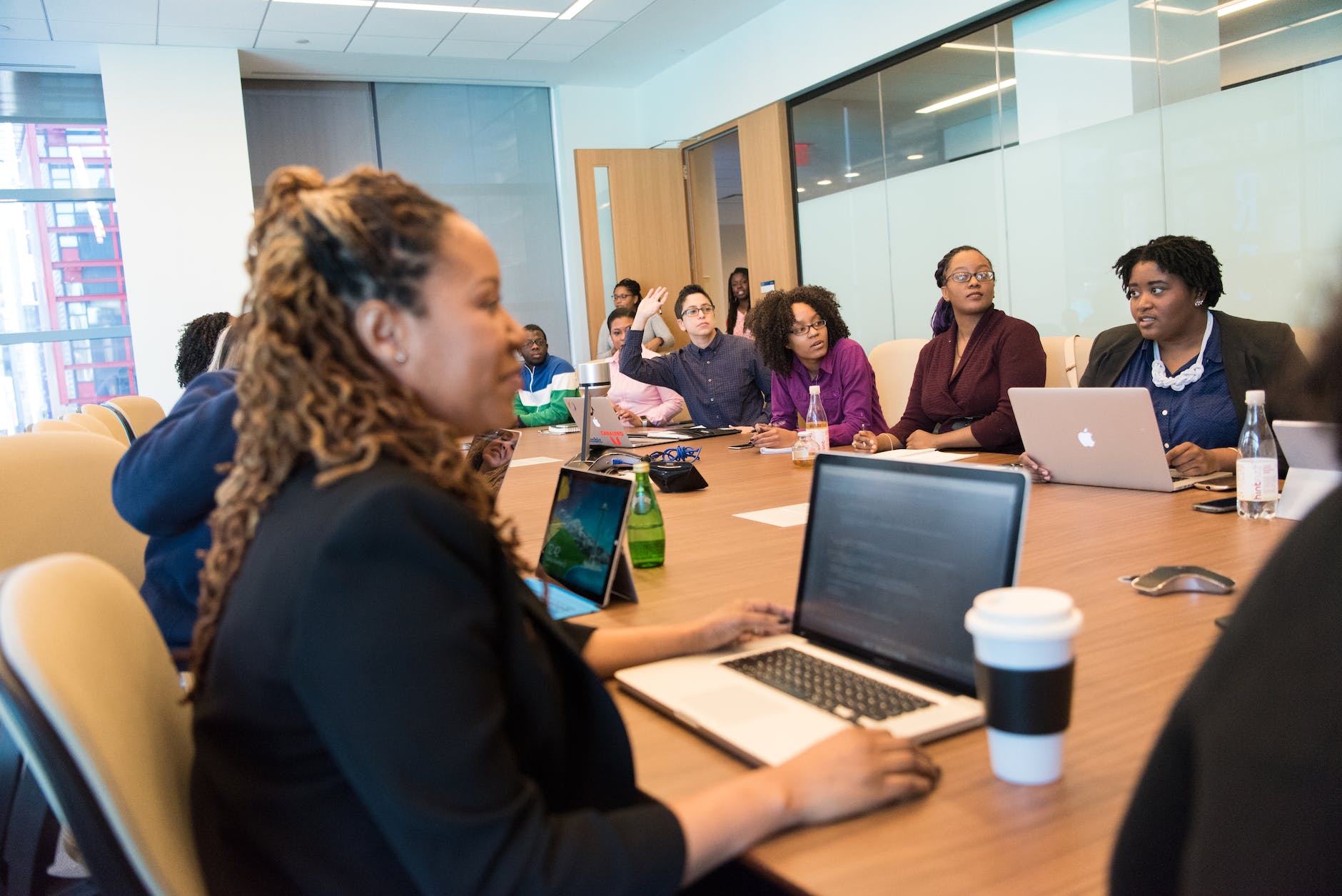
And away we go…
“I am convinced that people are much better off when their whole city is flourishing than when certain citizens prosper, but the community has gone off course. When a man is doing well for himself, but his country is falling to pieces, he goes to pieces along with it, but a struggling individual has much better hopes if his country is thriving.”
Is that a line from the newest radical left-wing idealist politician?
Nope.
It’s Pericles. In Athens. In 431 BC.
If we choose to believe Thucydides.
Stewart Riddle emphasizes the importance of public institutions in caring, democratic societies, where markets and market relations are subordinate to the public good and the production of a thick democracy. He suggests that economic systems that foster individual wealth accumulation and rampant greed must be replaced with economic systems that foster sustainability and reindustrialization. Investment into people’s livelihoods within their local communities is emphasized, and people should be allowed to engage in meaningful, collaborative work.
Of course, for me, this sounds similar to the work of instituting a graduate profile in schools rather than relying on the tired, outdated, and ineffective measures of standardized testing. Connecting students with authentic learning opportunities, encouraging them to work on hard problems that don’t have simple answers, and contributing to their communities for the benefit of the many and not the few are key to shifting away from the late-stage capitalist disaster we live in now.
Marcus Aurelius said, “What harms the bee, harms the hive,” emphasizing that if we are harming anyone in society, the whole society suffers. This was never more apparent than during the height of the COVID-19 pandemic, as some cried that their individual freedoms were more important than the good of everyone, essentially placing themselves above everyone else.
Connecting students with opportunities to enact real change within the structures of education can only improve our society. Will we still have people who think they are more important than anyone else? Of course.
But maybe we can raise up a generation of action-takers who want what is best for everyone.
The Eclectic Educator is a free resource for everyone passionate about education and creativity. If you enjoy the content and want to support the newsletter, consider becoming a paid subscriber. Your support helps keep the insights and inspiration coming!














